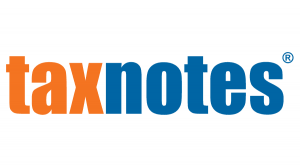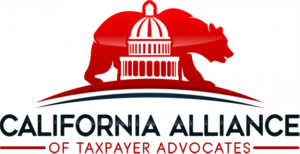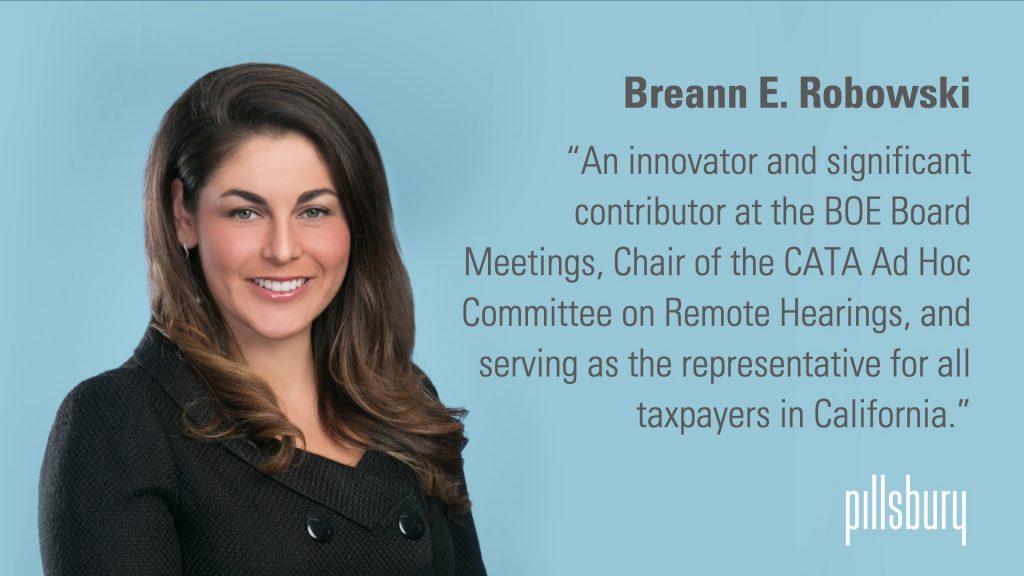In 2018, San Francisco voters approved, by simple majority vote, two new gross receipts taxes: the Homelessness Gross Receipts Tax (SF-HT) and the Commercial Rents Tax (SF-CRT), with both  taxes effective as of January 1, 2019.[1] Because these taxes fund specific governmental services, they are designated as special taxes (specifically, the SF-HT funds homelessness services and the SF-CRT funds early childhood education). Since the California Constitution specifies that special taxes imposed by local government need two-thirds voter approval (i.e., a “supermajority”), taxpayer groups have filed lawsuits to invalidate these special taxes, as both were approved by only a majority vote (61% for the SF-HT and 51% for the SF-CRT).[2] As discussed more fully below, the courts have ruled against these taxpayer groups and the California Supreme Court to date has refused review.
taxes effective as of January 1, 2019.[1] Because these taxes fund specific governmental services, they are designated as special taxes (specifically, the SF-HT funds homelessness services and the SF-CRT funds early childhood education). Since the California Constitution specifies that special taxes imposed by local government need two-thirds voter approval (i.e., a “supermajority”), taxpayer groups have filed lawsuits to invalidate these special taxes, as both were approved by only a majority vote (61% for the SF-HT and 51% for the SF-CRT).[2] As discussed more fully below, the courts have ruled against these taxpayer groups and the California Supreme Court to date has refused review.
The pressing question is whether San Francisco taxpayers, who paid the SF-HT and/or the SF‑CRT for 2019 and 2020, should be filing claims to protect their rights to refunds in the unlikely (but not impossible) event that these taxes are ultimately rendered invalid.
Continue Reading ›





 for tax paid to other states while working from Connecticut during the pandemic. Connecticut law currently allows credits for tax paid to another state only if: (1) the individual was physically located in such other state while working; or (2) the individual is a resident of a state that applies the “convenience of the employer” sourcing rule. Two bills have been introduced, both of which would expand the allowable credits only for Connecticut residents and part-year residents for the tax year beginning January 1, 2020. H.B. 6183; S.B. 873.
for tax paid to other states while working from Connecticut during the pandemic. Connecticut law currently allows credits for tax paid to another state only if: (1) the individual was physically located in such other state while working; or (2) the individual is a resident of a state that applies the “convenience of the employer” sourcing rule. Two bills have been introduced, both of which would expand the allowable credits only for Connecticut residents and part-year residents for the tax year beginning January 1, 2020. H.B. 6183; S.B. 873. 

 taxes effective as of January 1, 2019.
taxes effective as of January 1, 2019.

 since September 2020 as a member of the Collaborative Workgroup on Remote Hearings—the task force created by the BOE to pioneer the implementation of virtual Assessment Appeals Board (AAB) hearings as an alternative to in-person hearings due to the safety concerns and conditions associated with the COVID-19 pandemic.
since September 2020 as a member of the Collaborative Workgroup on Remote Hearings—the task force created by the BOE to pioneer the implementation of virtual Assessment Appeals Board (AAB) hearings as an alternative to in-person hearings due to the safety concerns and conditions associated with the COVID-19 pandemic.